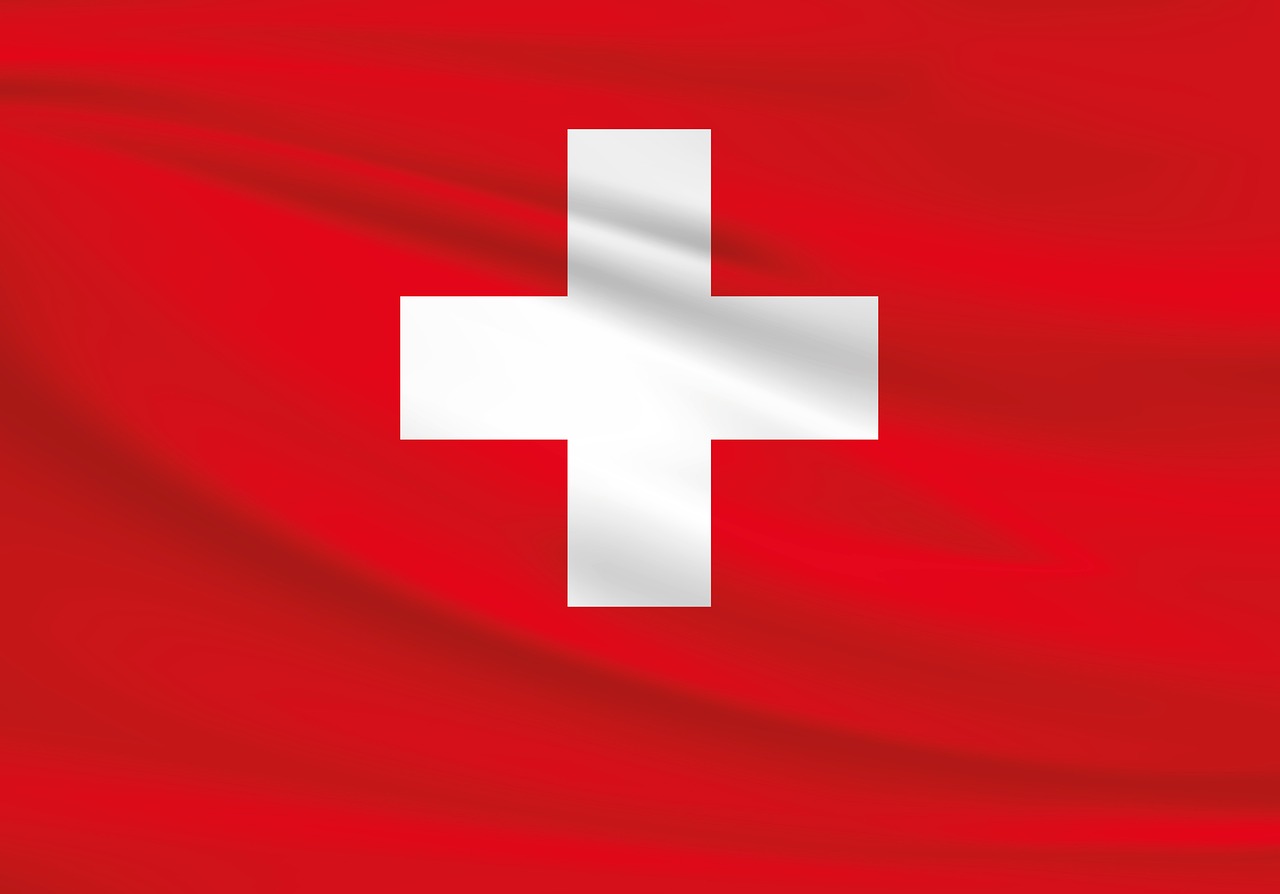Swiss Etiquette: Do’s and Don’ts

Switzerland is a country known for its precision, orderliness, and respect for tradition. These values are deeply ingrained in Swiss culture and are reflected in the way people interact with one another. Whether you’re visiting Switzerland for business or leisure, understanding Swiss etiquette is essential to making a positive impression and navigating social situations with ease. This guide outlines the key do’s and don’ts of Swiss etiquette, helping you blend in and show respect for local customs.
General Etiquette in Switzerland
Do’s
- Be Punctual: The Swiss are known for their punctuality, and being on time is a sign of respect. Whether it’s a business meeting, a social gathering, or public transportation, always aim to arrive a few minutes early.
- Greet Properly: In German-speaking Switzerland, a firm handshake with direct eye contact is the standard greeting. In French- and Italian-speaking regions, a light kiss on both cheeks (starting with the right) is common among friends and acquaintances.
- Use Titles and Last Names: The Swiss value formality, especially in professional settings. Address people by their titles (e.g., Herr, Frau, Monsieur, Madame) and last names until invited to use first names.
- Respect Personal Space: The Swiss appreciate their personal space and tend to avoid physical contact beyond handshakes or cheek kisses. Maintain a comfortable distance during conversations.
- Follow Rules and Regulations: Switzerland is a country of rules, and the Swiss take them seriously. Whether it’s recycling, noise ordinances, or public transportation etiquette, always adhere to local regulations.
Don’ts
- Don’t Be Late: Tardiness is considered rude and unprofessional. If you’re running late, inform the other party as soon as possible.
- Don’t Interrupt: The Swiss value polite and respectful communication. Avoid interrupting others during conversations and wait for your turn to speak.
- Don’t Be Overly Familiar: Avoid using first names or informal language unless invited to do so. Over-familiarity can be seen as disrespectful.
- Don’t Make Excessive Noise: The Swiss value peace and quiet, especially in residential areas. Avoid loud conversations, music, or phone calls in public spaces.
Dining Etiquette
Do’s
- Wait to Be Seated: In restaurants, wait for the host or server to guide you to your table.
- Keep Your Hands on the Table: While dining, keep your hands visible on the table (but not your elbows). This is a sign of engagement and politeness.
- Say “En Guete” or “Bon Appétit”: Before starting your meal, it’s customary to wish others at the table a good meal.
- Use Utensils Properly: The Swiss typically use the continental style of dining, where the fork is held in the left hand and the knife in the right.
- Tip Appropriately: Service charges are usually included in the bill, but it’s common to round up the total or leave a small tip (5-10%) for good service.
Don’ts
- Don’t Start Eating Before Others: Wait until everyone at the table has been served before beginning your meal.
- Don’t Waste Food: The Swiss value frugality and sustainability. Avoid taking more food than you can eat.
- Don’t Discuss Money or Politics: These topics can be sensitive and are best avoided during meals.
Business Etiquette
Do’s
- Dress Professionally: The Swiss have a formal dress code in business settings. Men should wear suits and ties, while women should opt for business attire.
- Be Prepared: Swiss business meetings are well-structured and focused. Come prepared with all necessary documents and information.
- Be Direct but Polite: The Swiss appreciate clear and concise communication. State your points directly but remain respectful and courteous.
- Follow Up: After a meeting, send a follow-up email or letter to summarize key points and next steps.
Don’ts
- Don’t Be Overly Aggressive: High-pressure sales tactics or aggressive negotiation styles are frowned upon. The Swiss prefer a calm and rational approach.
- Don’t Schedule Meetings During Lunch: Lunch is considered a time for relaxation, and scheduling meetings during this time is generally avoided.
- Don’t Expect Immediate Decisions: The Swiss take their time to make decisions, as they value thoroughness and precision.
Social Etiquette
Do’s
- Bring a Gift When Invited to a Home: If you’re invited to a Swiss home, bring a small gift such as flowers, chocolates, or wine. Avoid giving red roses or chrysanthemums, as they are associated with romantic and funerary contexts, respectively.
- Remove Your Shoes: It’s customary to remove your shoes when entering someone’s home unless the host indicates otherwise.
- Respect Quiet Hours: In residential areas, quiet hours (typically from 10 PM to 7 AM) are strictly observed. Avoid making noise during these times.
Don’ts
- Don’t Overstay Your Welcome: Swiss social gatherings tend to end at a reasonable hour. Pay attention to cues from your host and avoid lingering too long.
- Don’t Discuss Personal Finances: Topics like salary, wealth, or personal expenses are considered private and should be avoided.
- Don’t Be Flashy: The Swiss value modesty and discretion. Avoid showing off wealth or making grandiose gestures.
Public Etiquette
Do’s
- Queue Properly: Whether it’s at a bus stop or a ticket counter, always wait your turn in an orderly manner.
- Respect Public Spaces: Keep public areas clean and tidy. Dispose of trash in designated bins and avoid littering.
- Be Polite on Public Transport: Offer your seat to elderly or pregnant passengers, and keep your voice down while on trains or buses.
Don’ts
- Don’t Jaywalk: The Swiss strictly follow traffic rules, and jaywalking is frowned upon.
- Don’t Smoke in Public Places: Smoking is prohibited in many public areas, including restaurants, bars, and public transport. Always look for designated smoking zones.
- Don’t Be Loud or Disruptive: The Swiss value quiet and order in public spaces. Avoid loud conversations or disruptive behavior.
Special Considerations for Regional Differences
- German-Speaking Switzerland: Formality and punctuality are highly valued. Avoid using informal language unless invited to do so.
- French-Speaking Switzerland: Social interactions are slightly more relaxed, but politeness and respect remain important.
- Italian-Speaking Switzerland: The atmosphere is more casual and friendly, but basic etiquette rules still apply.
- Romansh-Speaking Regions: These areas are smaller and more traditional. Showing an interest in the local culture and language is appreciated.



